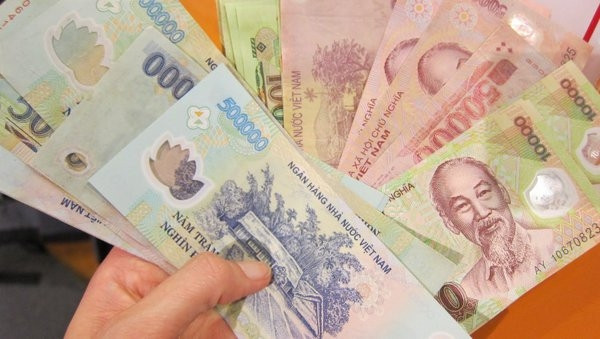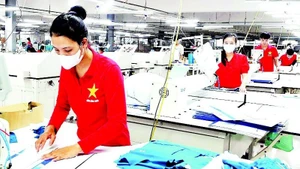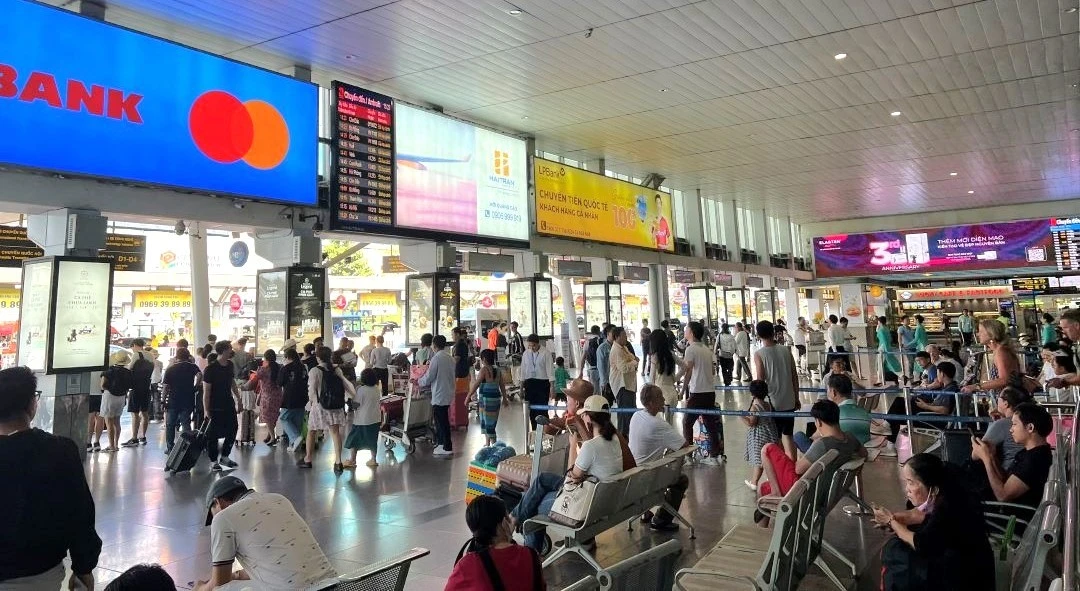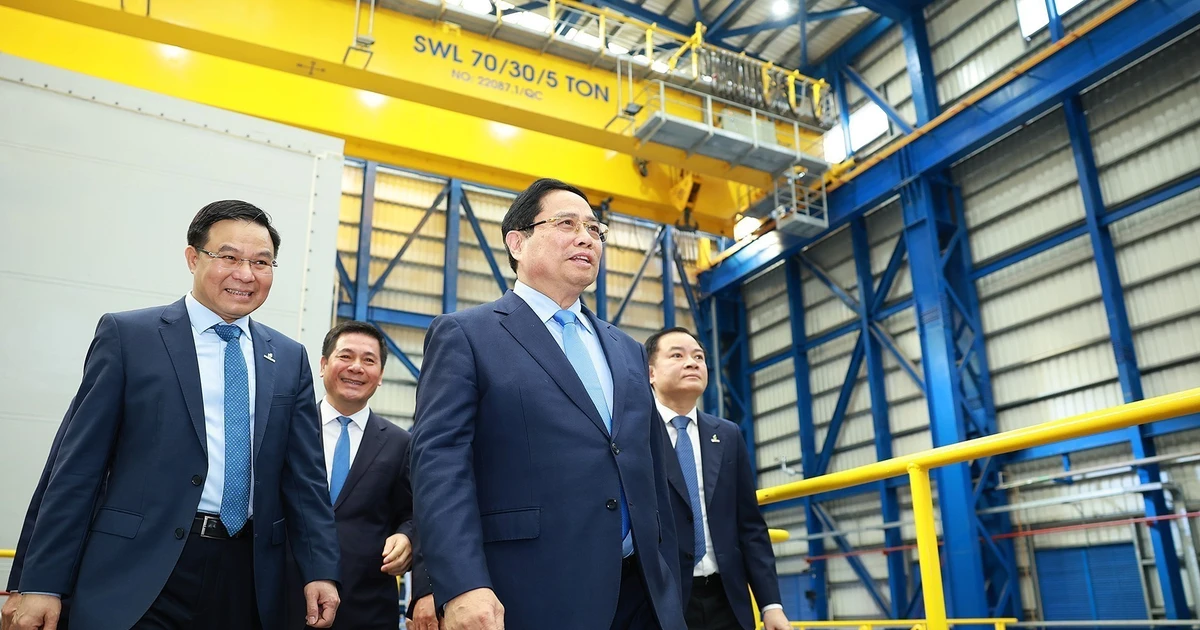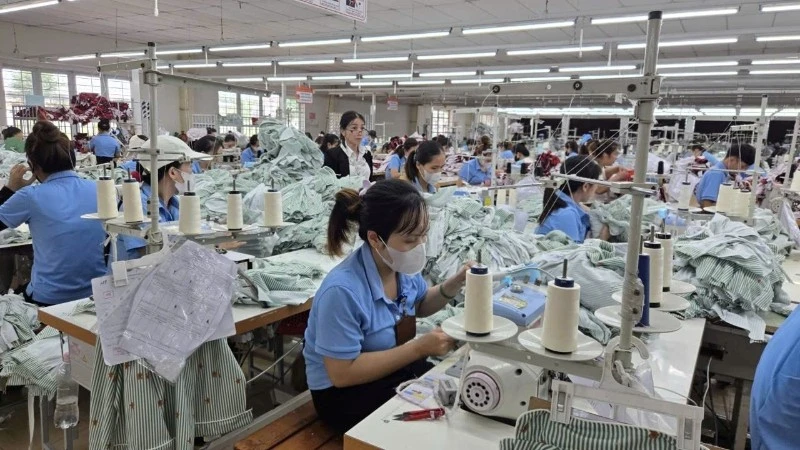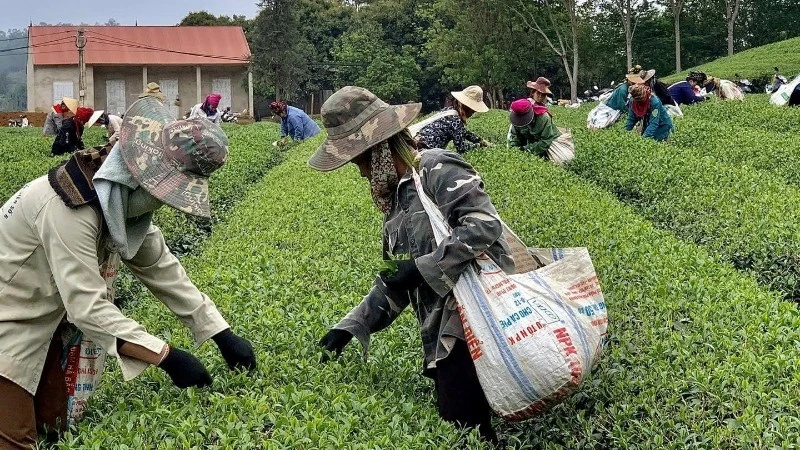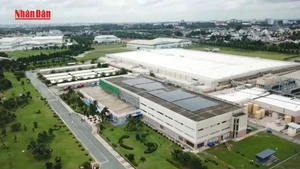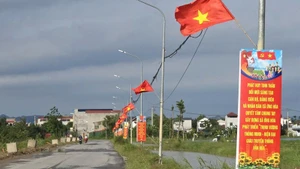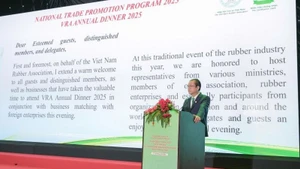Supplementing tax incentives to large projects
A majority of NA deputies agreed that amendments to current tax laws aimed to support the development of the agricultural sector, create the best conditions for taxpayers, and accelerate administrative innovation aligned with the international trend of tax reforms.
Many deputies also shared the same concern that despite preferential policies on taxes in the past years, there were few businesses investing in the agricultural sector. The State has engaged in several related programmes but the outcomes have been unsatisfactory. Thus, it requires more effective solutions to the amendments to tax policies to promote investment in agriculture, famers, and rural areas.
At the working session discussing revisions to tax laws, the Government suggested more corporate income tax incentives to enterprises investing in agriculture and rural areas, supporting industries and in large projects with more than VND12 trillion (US$564 million).
But a large number of deputies recommended the Government be cautious about providing additional incentives to large-scale projects in industrial and agricultural sectors as there have been proven flaws in attracting ODA capital for such projects.
They also advised the Government give incentives to projects applying high technology, modern management process, and to those already involved in the global added value chain.
Priority should be given to foreign investors affiliating with or making technology transfers to domestic enterprises as it will help increase localisation rates and raise the national values. NA deputies also suggested more concrete regulations on high technologies which will be given incentives to prevent outdated technology.
Raising tax rates on tobacco
Almost all NA deputies agreed with the Government's proposal on increasing the tax imposed on tobacco from 65% to 70% as of January 2016 and from 70% to 75% from January 2019 onward.
They explained that Vietnam is among the top 15 countries with the highest smoking rate and teenagers can easily by cigarettes at low prices. The tax increase is expected to change the habit of smoking and help reduce the consumption of tobacco products.
Other NA deputies said that the tax rates proposed by the Government were still lower than the rate set out in the Law on Prevention and Control of Tobacco Harm.
Deputies Lo Van Muon from Dien Bien and Nguyen Minh Quang from Hanoi argued that the tax rates on tobacco products should be lifted higher to between 85% and 90% to restrain consumers from using the harmful product.
However, many deputies raised their concerns over tobacco smuggling following a tax increase. The problem is if there is any effective measure to prevent tobacco smuggling, which will cause losses to domestic business and production.
Regarding tax rates on casinos and betting business, many NA deputies proposed higher tax rates on these types of businesses to limit its development and increase income to the Government. It was advised to raise the tax rate on casinos from 30% to 40% and on betting business to 35%.
Other deputies recommended a higher tax on alcohol to reduce consumption and protect health, contributing to ensuring traffic safety, social order, and preventing domestic violence as well as increasing Government revenue.
